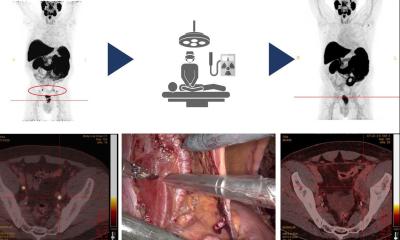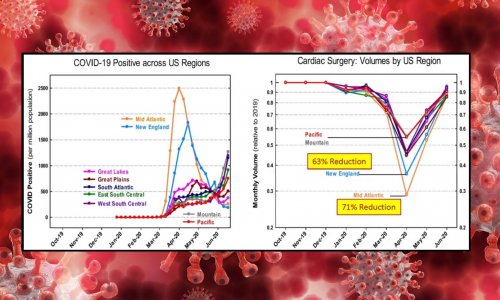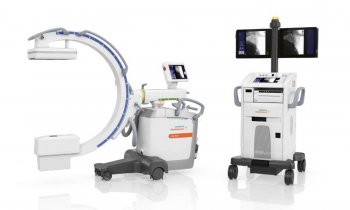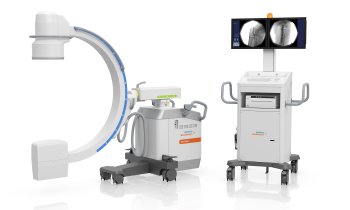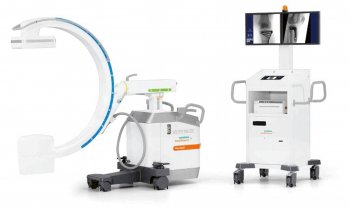Surgery for early prostate cancer often harmful
A major 20-year study provides further evidence that prostate cancer surgery offers negligible benefits to many men with early-stage disease. In such men, who account for most cases of newly diagnosed prostate cancer, surgery did not prolong life and often caused serious complications such as infection, urinary incontinence and erectile dysfunction.

In men with early prostate cancer, the study compared surgery with observation. With the latter, men only were treated if they developed bothersome symptoms, such as urinary difficulty or bone pain. Such symptoms may indicate progression of the cancer. Many men in the observation group received no treatment at all because early-stage prostate cancer often grows slowly and rarely causes symptoms.
“The findings will go a long way in helping to improve prostate cancer care,” said co-author Gerald L. Andriole, MD, director of Washington University’s Division of Urologic Surgery. “About 70 percent of patients newly diagnosed with prostate cancer cases are in the early stages, meaning the cancer is confined to the prostate gland, and they have nonaggressive tumors. As such, these patients have an excellent prognosis without surgery. This study confirms that aggressive treatment usually is not necessary. We hope the findings will steer doctors away from recommending surgery or radiation to their patients with nonaggressive early-stage prostate cancer and patients away from thinking it’s necessary.”
Treatment complications raised concerns
The study, known as the Prostate Cancer Intervention Versus Observation Trial, or PIVOT, got underway in 1994 just as the prostate-specific antigen blood test for prostate cancer became routine. With many more men diagnosed with prostate cancer, the standard treatment for all prostate cancers became surgery or radiation, with the thinking that removing or irradiating the tumor would increase survival. But over the next decade, reports of treatment-related complications raised concerns, as did data indicating that most early-stage cancers grew so slowly they were unlikely to cause health problems.
To evaluate any potential benefits of surgery, the researchers randomly assigned 731 men in the U.S. with localized prostate cancer to receive either surgery or observation at one of 44 Department of Veteran Affairs Health Care Centers or eight academic medical centers, including Washington University. The average age of men in the study was 67 at the time of enrollment. Of the men who had prostate cancer surgery, 223 (61 percent) died of other causes after up to 20 years of follow-up, compared with 245 men (66 percent) in the observation group – a difference that is not statistically different. Further, 27 (7 percent) men in the surgery group died of prostate cancer, compared with 42 men (11 percent) in the observation group, but that difference also is not statistically significant.
Surgery could help intermediate-risk patients
However, the data show that surgery may have a mortality benefit in some men, particularly those with a long life expectancy and intermediate-risk prostate cancer. “It would be a disservice to dismiss surgery as a viable option for patients with intermediate-risk prostate cancer,” said Andriole, the School of Medicine’s Robert K. Royce Distinguished Professor of Urologic Surgery. He treats patients at Siteman Cancer Center at Barnes-Jewish Hospital and Washington University. “For these patients, and for some men with high-risk prostate cancer, surgery is often beneficial, as are other other treatments such as radiation.”
Source: Washington University in St. Louis
15.07.2017



